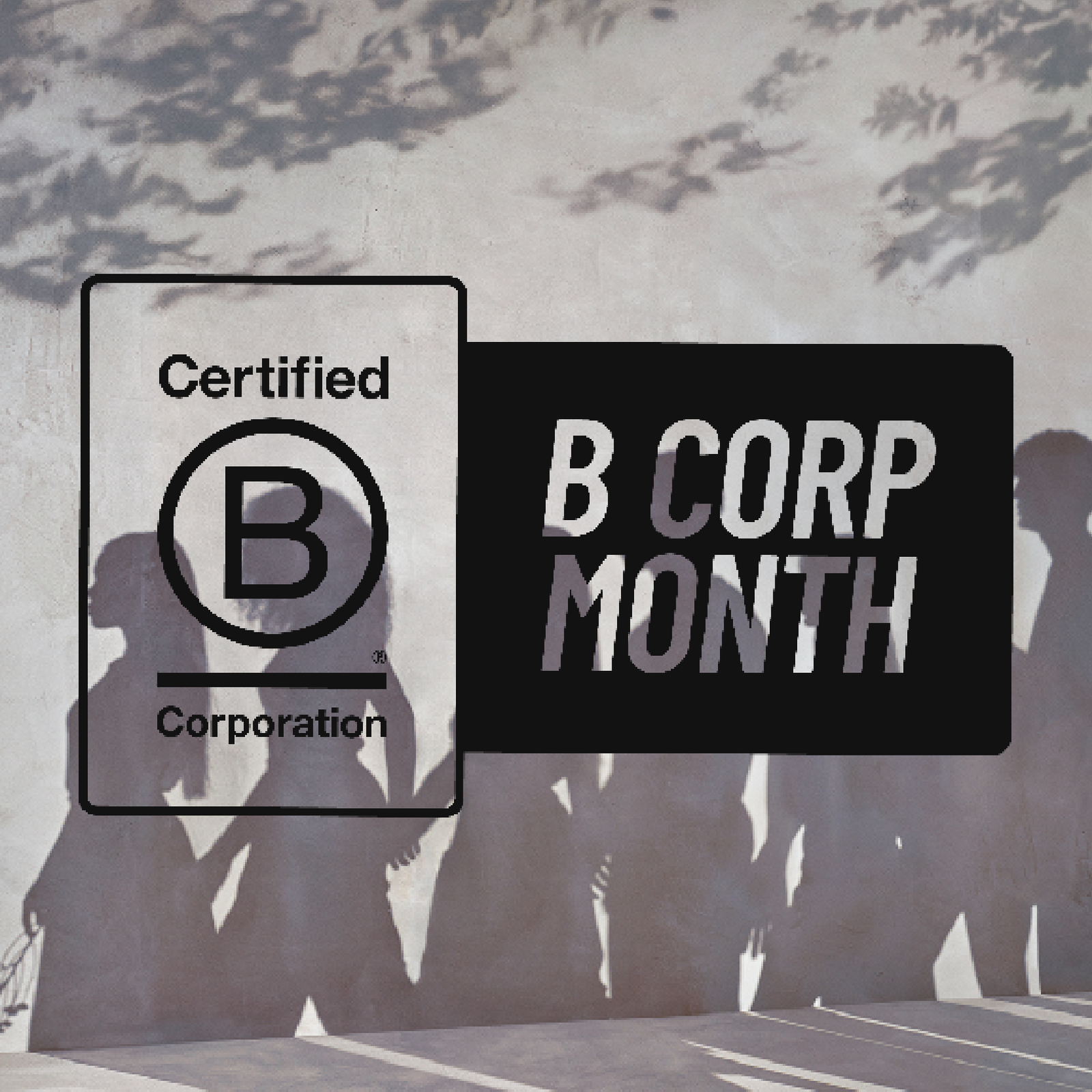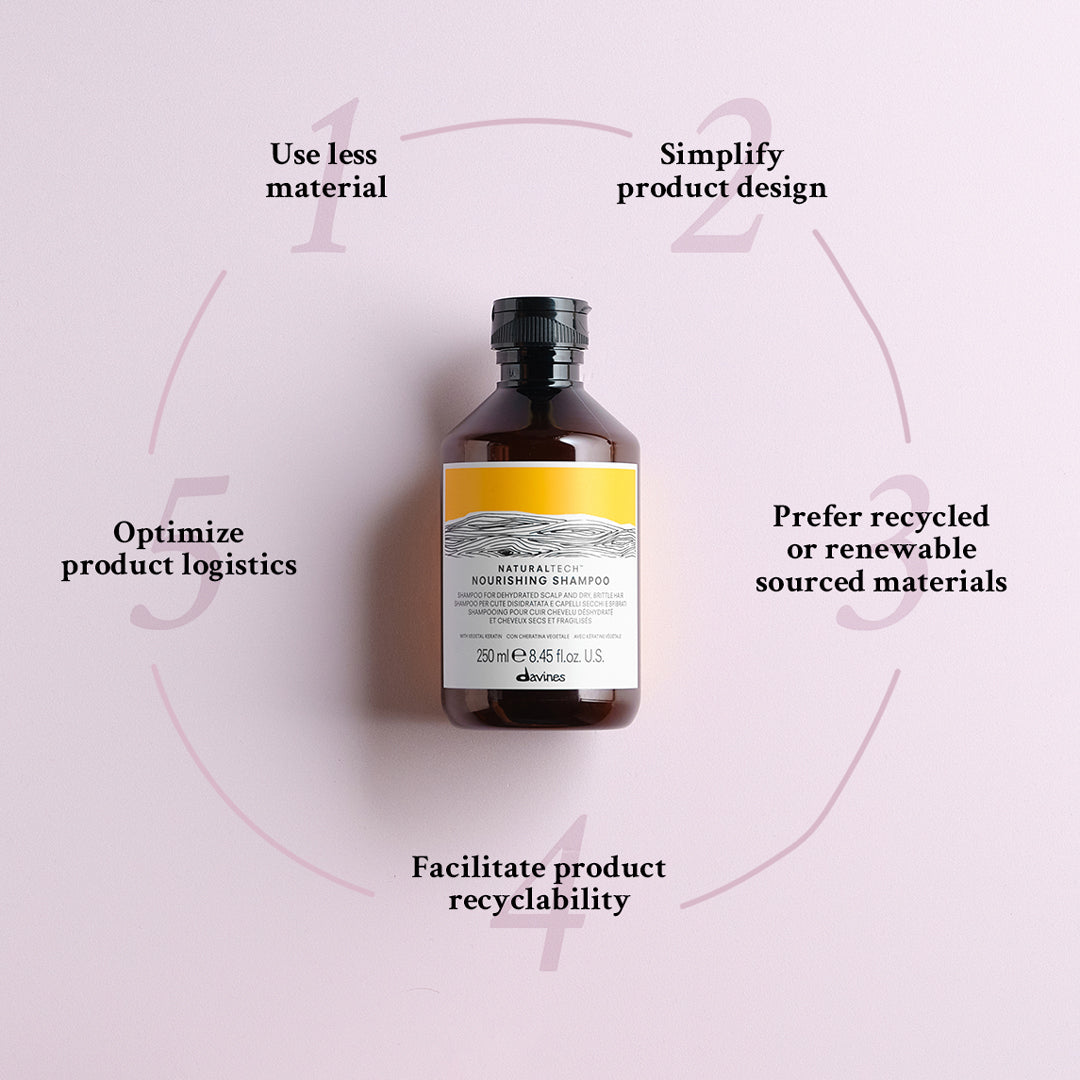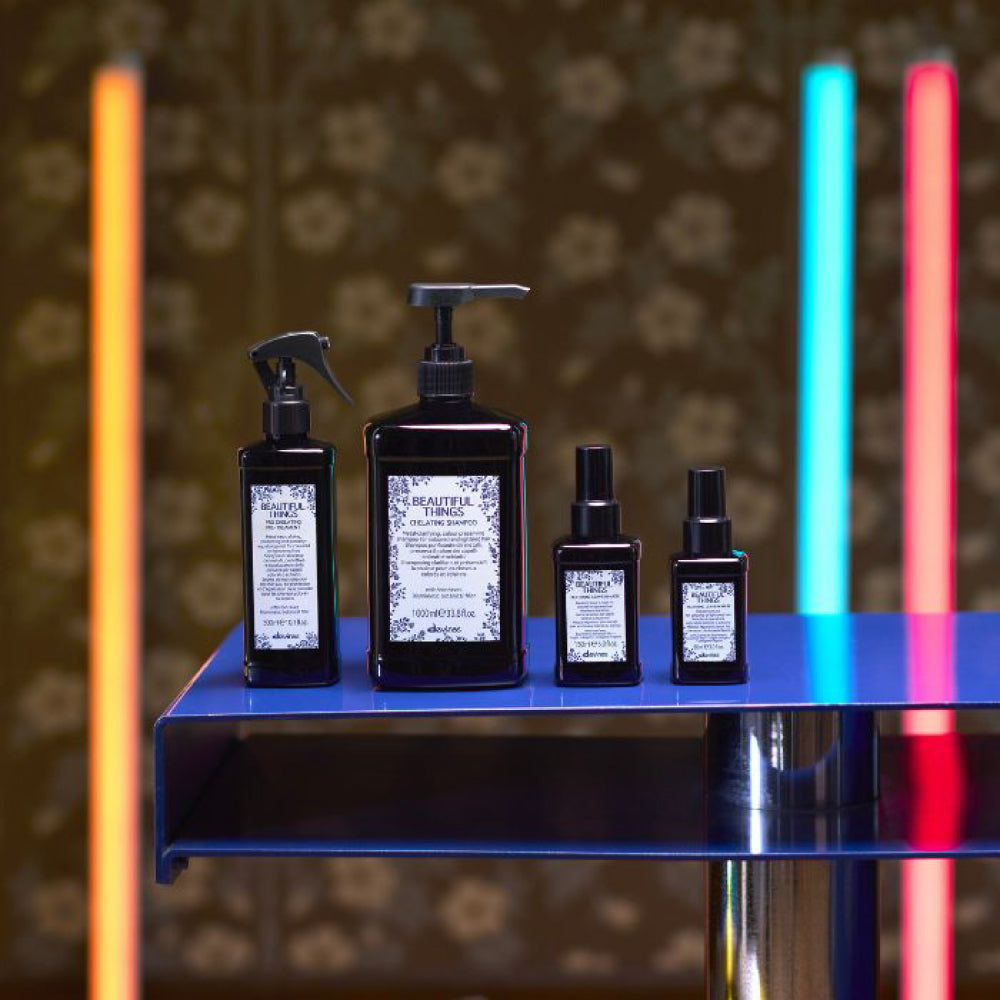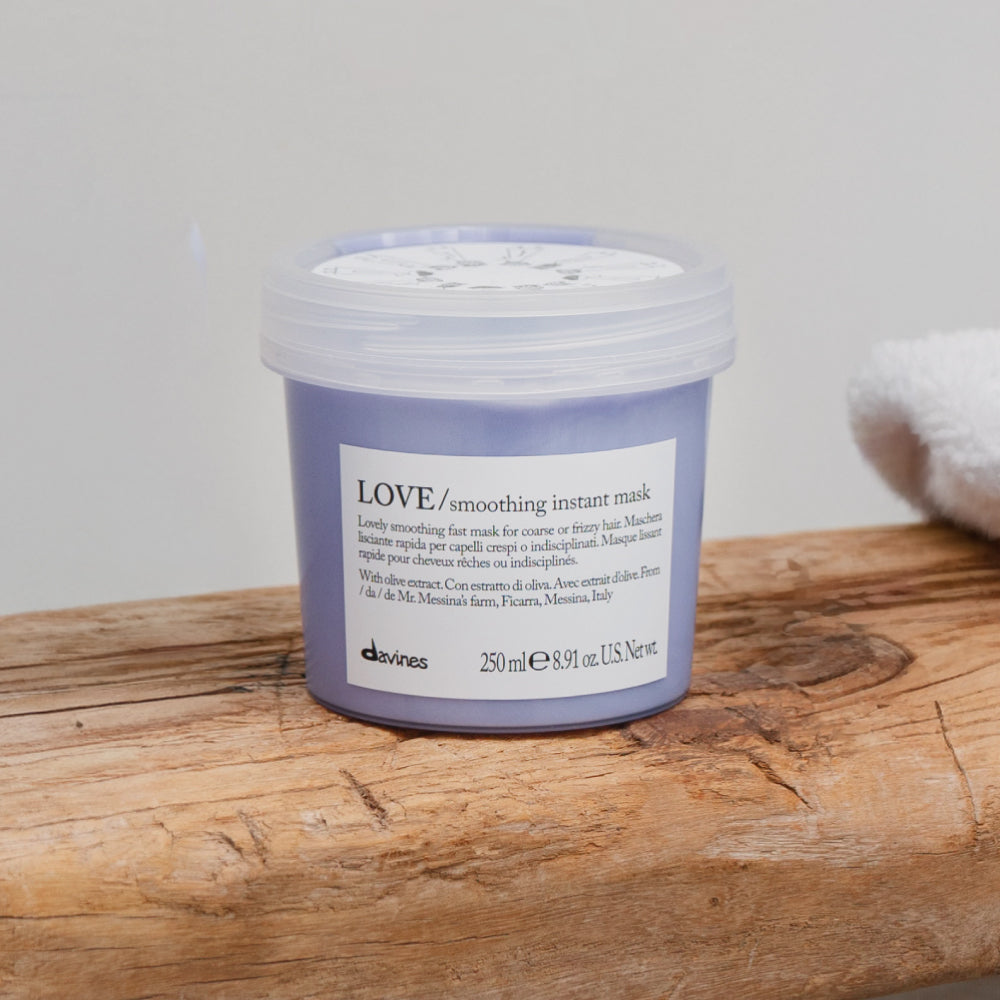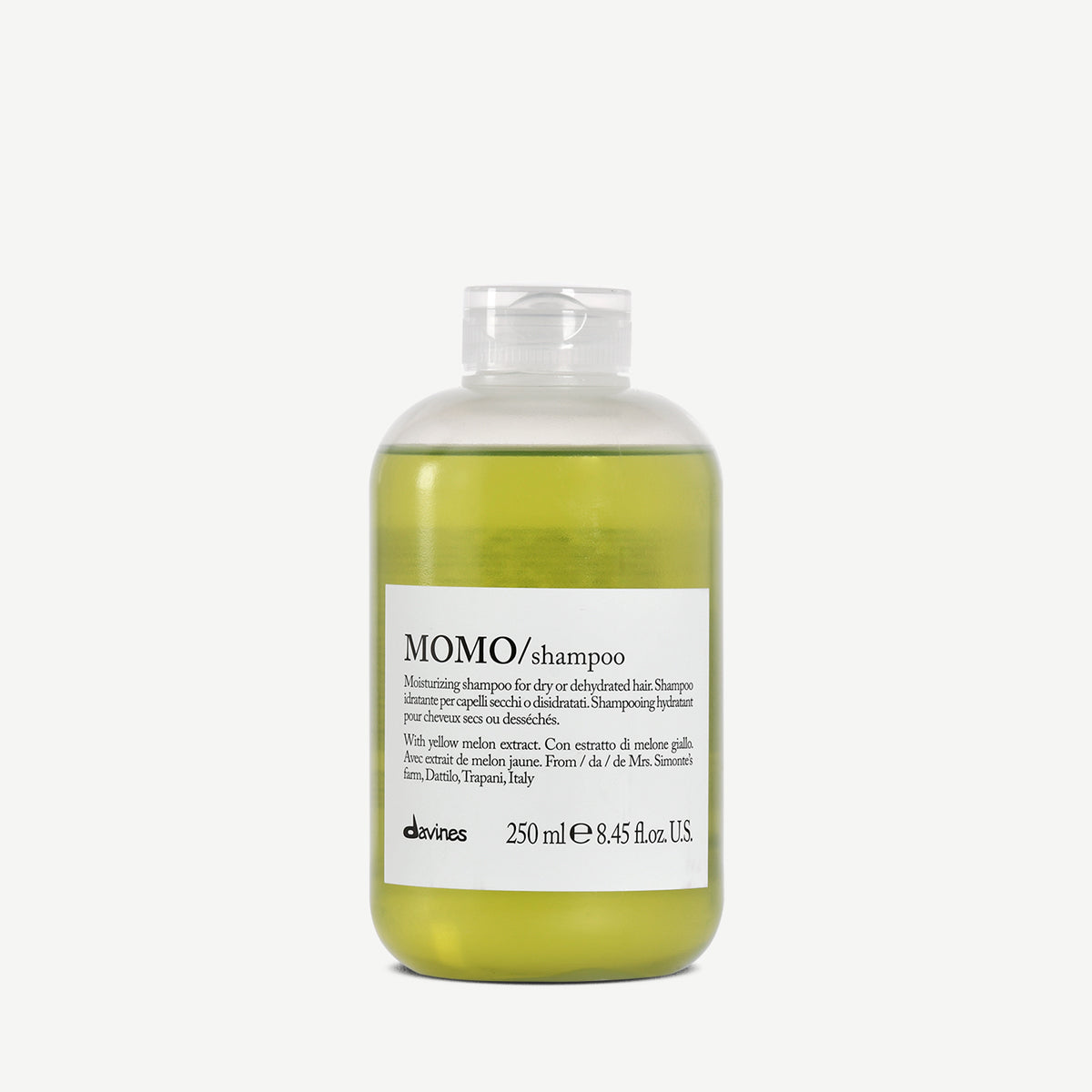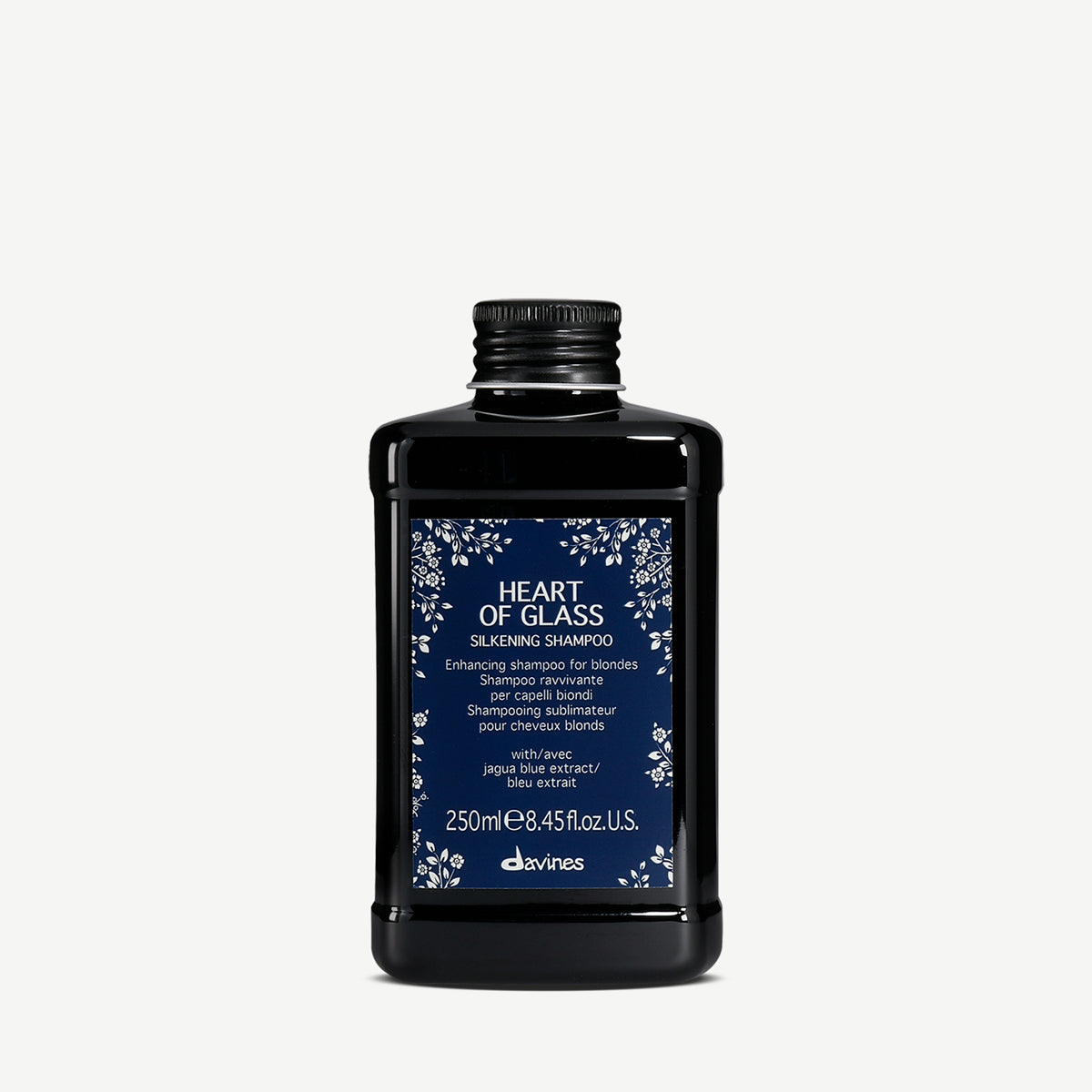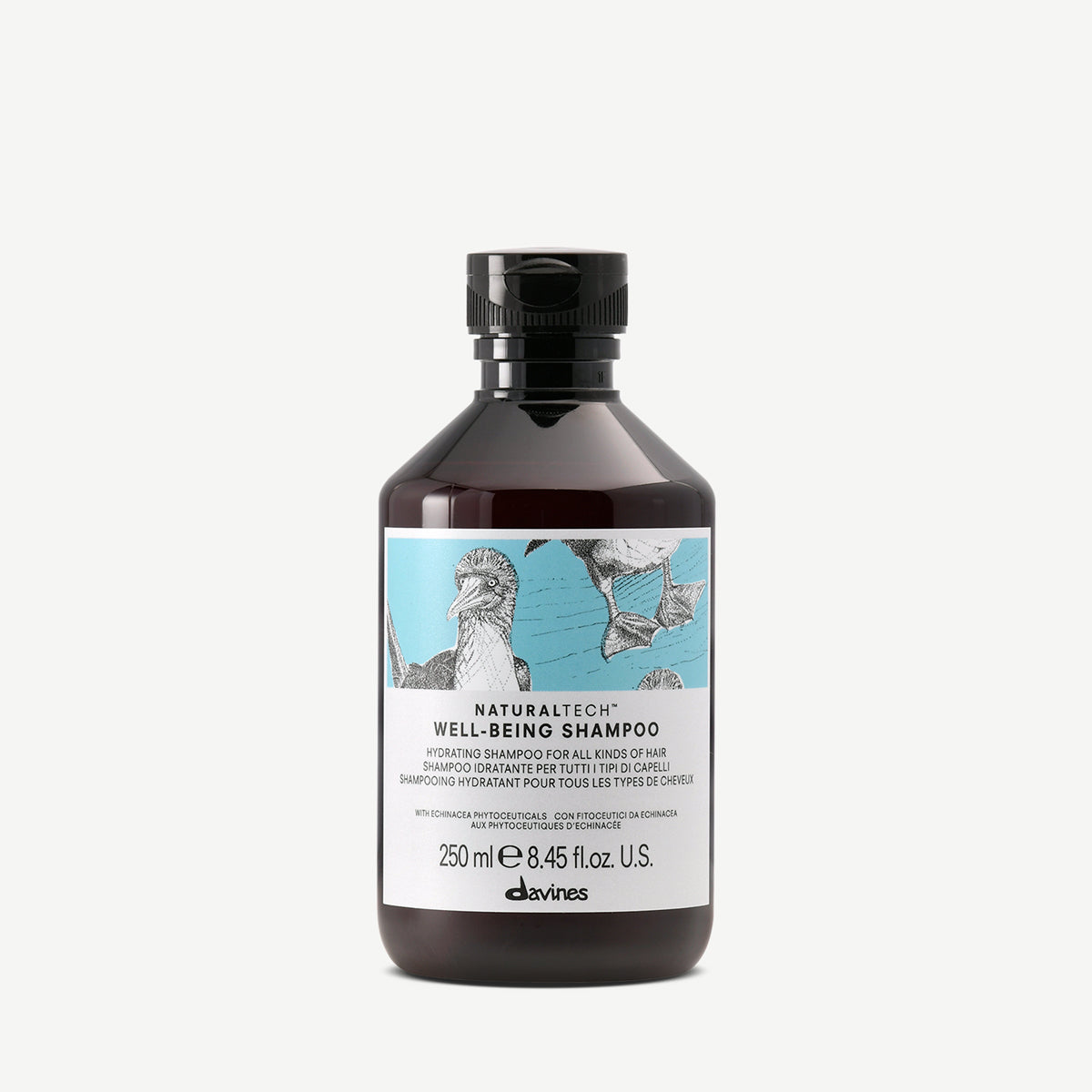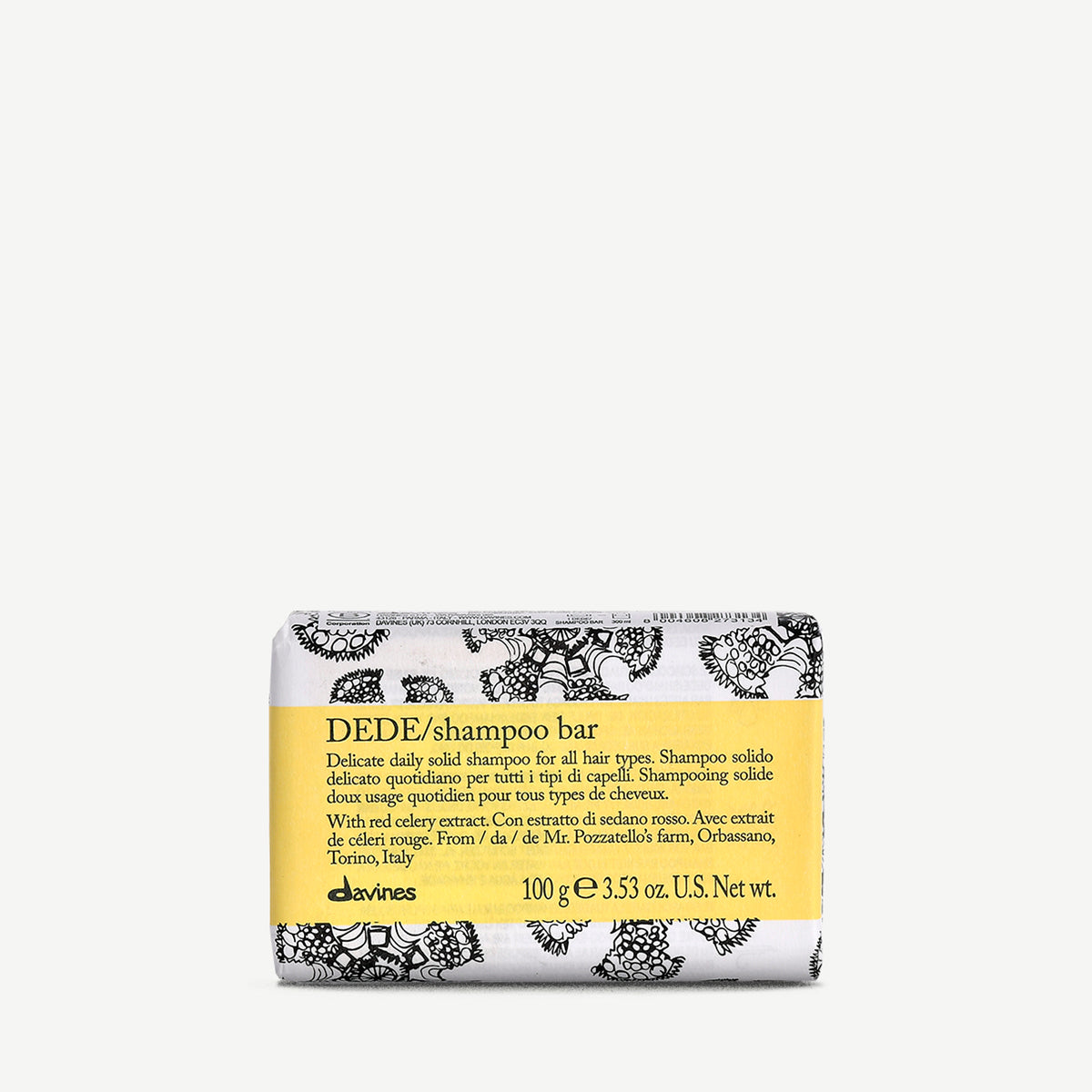FAQs
What causes dry scalp?
Having a dry scalp can be caused by certain skin conditions like psoriasis and eczema. Lifestyle choices like lack of hydration from not drinking enough water, stress, and not getting enough sleep can affect scalp health. A dry scalp can also be caused by environmental elements such as dry air, lack of humidity, and cold climates. Hair care products with sulfates or other skin-irritating ingredients can cause itchiness and dryness as well.
How can I fix a dry scalp?
There are many ways to address a dry scalp. Start with quality hair care products like shampoo and conditioner that add moisture back to the scalp and promote long-term scalp health. Oil blends that include jojoba, peppermint, and tea tree are great options to promote moisture on the scalp while also having anti-fungal properties. You can also try washing your hair less, getting more water in your diet, and managing stress to help alleviate a dry scalp.
What shampoo is best for scalp health?
The best shampoo for dry scalp has emollients, gentle cleansers, and non-synthetic ingredients that keep oils on the scalp and won’t strip the hair. Shampoos with too many fragrances, parabens, and other irritating ingredients can cause and keep the scalp dry, itchy, and unhealthy. Invest in shampoos that are naturally derived, with ingredients that are clean and gentle. Plant-based cleansers are effective and gentle in cleansing the scalp, while aloe and shea butter are great ingredients to moisturize and hydrate.
How often should I wash my hair if I have a dry scalp?
If your scalp is dry, you may consider washing your hair less often than normal. Washing hair too often can leave your hair without some of the natural oils that keep it moisturized, causing itchiness and irritation. To make sure your scalp does not dry out, wash your hair 1-2 times a week, adjusting as needed. Also, be sure to rinse all products from the scalp. Shampoo and conditioner that is left on the scalp after washing can also contribute to dryness and irritation.
Are dandruff and dry scalp the same thing?
While having dandruff and a dry scalp often have similar symptoms, their root causes are different. Dandruff is caused by having too much oil on the scalp, which can also lead to yeast formation. When this oil and/or yeast dries up, it turns to flakes, which are the visible white flakes we often see.
Dry scalp, on the other hand, is caused by overall dryness. If your scalp is dry, other parts of your body may also experience dry skin. Even though dryness on the scalp can cause flakes to appear, it is not the same as dandruff, and both require different products and lifestyle changes to fix.
Read More
Overall hair health begins at the scalp, which is why it’s crucial to treat yours with the utmost care and attention. Like the skin on the rest of our bodies, our scalp is sensitive and has a delicate pH, which is easily thrown off by numerous factors. When this happens, dryness can occur, leaving your scalp feeling itchy, irritated, and flaky.
Choosing consciously crafted haircare products like Davines shampoo for dry scalps assists you in the overall care and maintenance of your scalp. While shampoo’s main goal still remains to rid hair of dirt, grime, and excess sebum, so many shampoos on the market actually strip the scalp of its oil in the quest to make hair clean. Even a conventional shampoo for dry scalps can claim to have the remedy, but may contain ingredients that are inherently harmful to the skin. Sulfates, parabens, formaldehyde, dyes, and artificial fragrances can be incredibly irritating, especially if you have sensitive skin. If your scalp cycles through periods of dryness and itching, it may be even more vulnerable to triggering ingredients.
Davines shampoo for dry scalps to soothe irritable skin by using naturally derived ingredients that have been scientifically tested as remedies for dehydrated skin. Our unique formula works to clean the scalp while replenishing it with moisture. Antioxidants and natural oils in our shampoo for dry scalp quell irritation and itching while giving the scalp what it needs to heal itself. Don’t suffer from a dry, itchy scalp any longer—your head deserves better.




